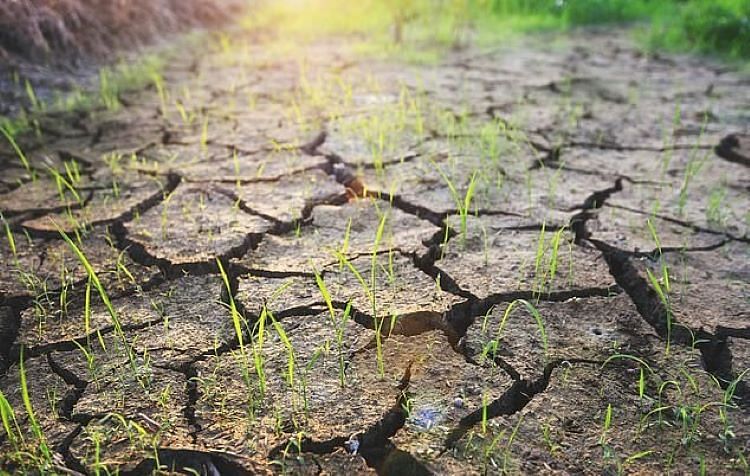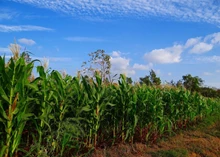
Agricultural output, animal health and productivity, fisheries, and water supply are all adversely affected, particularly in the world's most vulnerable regions. According to the research, food insecurity will only worsen if non-climate-related threats like as conflict, pandemics, and land rivalry continue.
Flooding and droughts have an impact on food output and water accessibility, but the effects are unevenly distributed. The cost is borne primarily by "least developed nations" (LDCs), which include those in Africa, Asia, Central and South America, Small Islands, and the Arctic. Some locations struggle to reach the UN Sustainable Development Goals due to development restrictions.
Indigenous peoples, small-scale food producers, and low-income households all face significant challenges. According to the IPCC, between 3.3 and 3.6 billion people "living in environments that are very susceptible to climate change." Many of these areas are also expected to have the highest population growth, raising the demand for food security.
"Mitigation and adaptation, when done jointly and integrated with larger sustainable development objectives, would offer various benefits for human well-being as well as ecological and planetary health," according to the research. Food security and biodiversity conservation are among the advantages.
There has been some progress in this area, as evidenced by policy and financing across all areas and sectors. In agriculture, this covers, among other things, soil moisture conservation, agroforestry, and on-farm water management. According to the research, at least 170 countries have included climate adaptation into their national strategies.
Yet, funding for climate-related developments is far from adequate. According to a recent analysis by the Climate Policy Institute, for every dollar spent on climate-resilient infrastructure, $87 is "spent on infrastructure projects that do not integrate climate resilience principles." This shows that CRI investment is still in its early stages.
In terms of adaptation, the IPCC reports that positive progress has been made with adaptation financing since the publishing of the UN's Fifth Assessment Report in 2014. Yet, adaptation funding accounts for a small percentage of total climate finance and is unevenly dispersed across areas.











